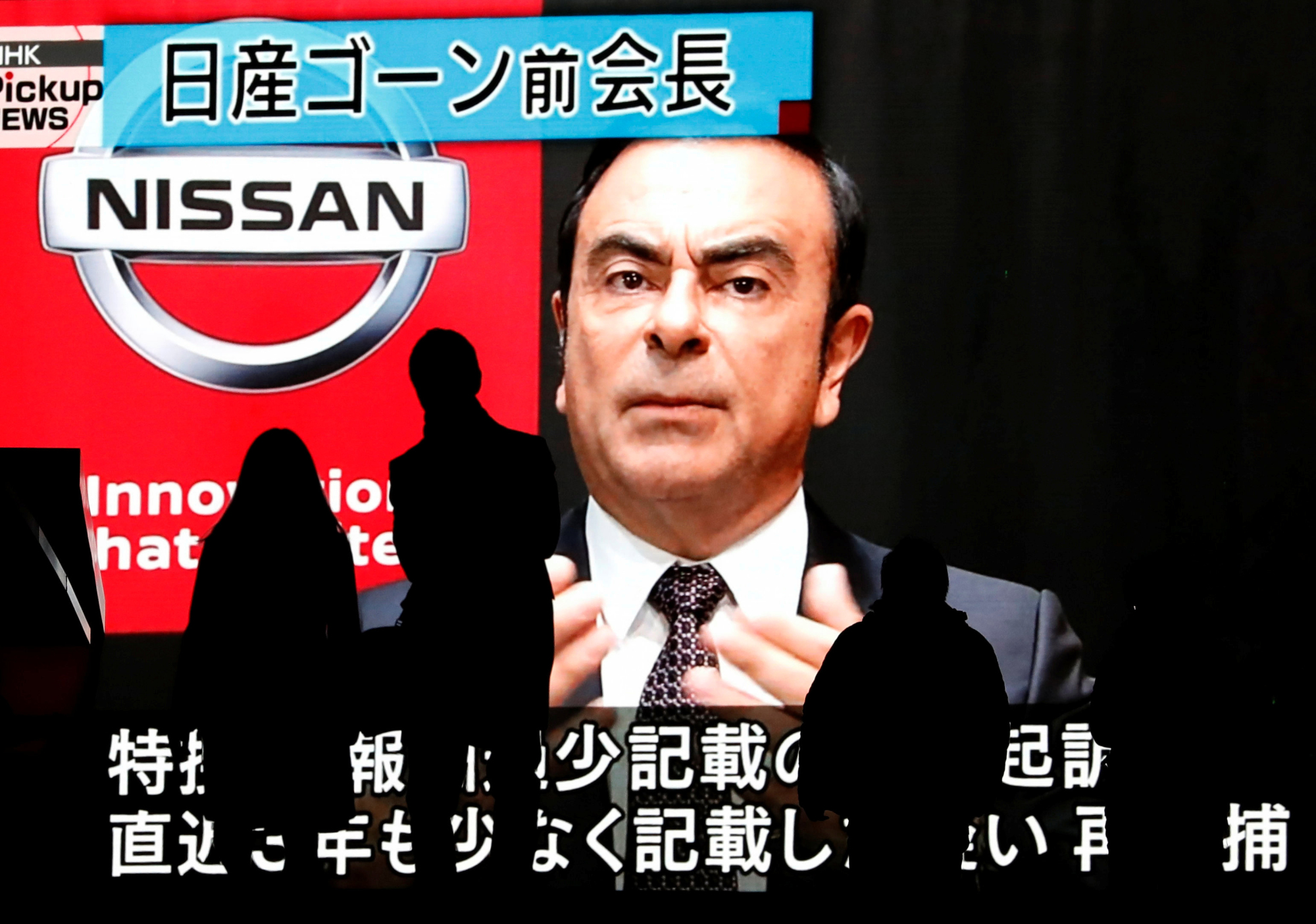When Japan came out of its centuries of isolation in the latter half of the 19th century, legal system reform was a matter of some urgency. The Western countries that had forced the nation out of its shell did so through so-called "unequal treaties" that rendered their nationals immune from the jurisdiction of Japanese courts. Their reasons included a reluctance to subject their citizens to the strange and seemingly cruel or, if you prefer a more neutral term, "different," manner in which the Confucian Samurai codes of the Edo Period dealt with offenders.
This history may give rise to a sense of deja vu, at least on the part of Western executives contemplating how whatever holiday plans ex-Nissan Chairman Carlos Ghosn had made came to be replaced with a prolonged sojourn in an isolated, unheated detention facility. That he and his fellow board member Greg Kelly were detained for weeks after being arrested for the unusual charge of filing incorrect reports about his compensation with financial regulators, together with the selective nature of their arrests (why just them?), have been questioned by the business and legal communities, both Western and Japanese.
That on Dec. 10 the prosecutors announced they would be initiating prosecution for the incorrect filing only indicates that their prolonged detention and interrogation failed to develop evidence of the more serious offenses that the leak campaign accompanying the initial arrest implied had taken place.

















With your current subscription plan you can comment on stories. However, before writing your first comment, please create a display name in the Profile section of your subscriber account page.